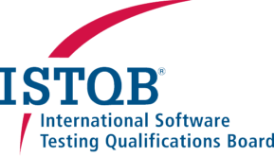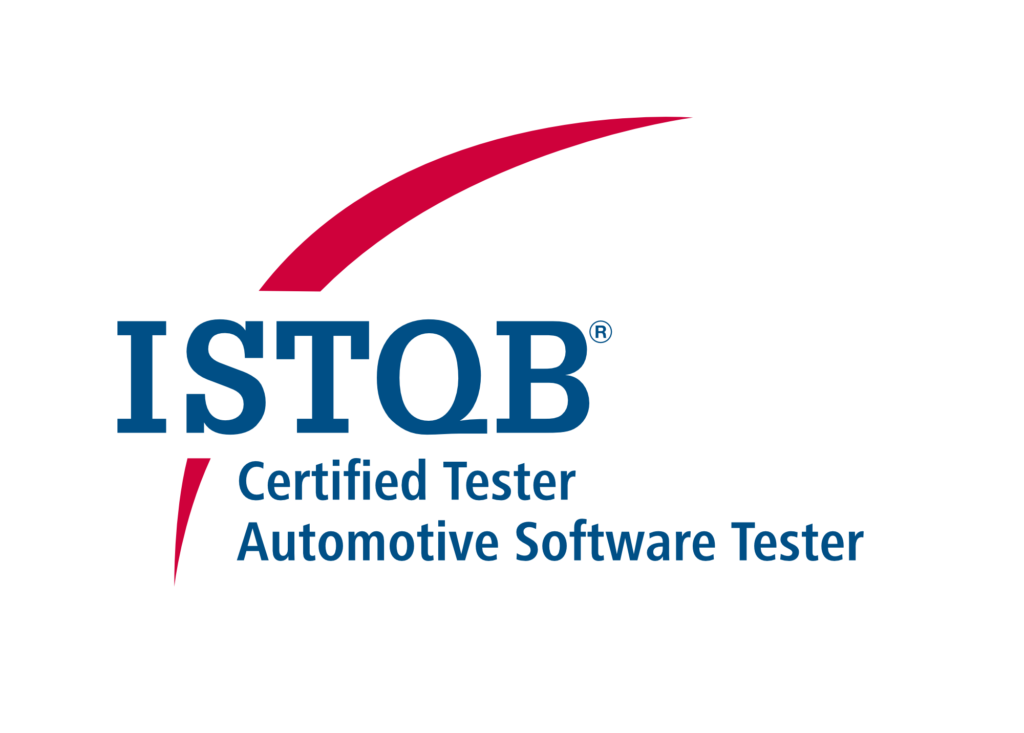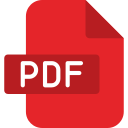Certified Tester Automotive Software Tester (CT-AuT)
Overview
The ISTQB® Certified Tester Automotive Software Tester (CT-AuT) certification focuses on the specific requirements for “testing E/E systems” in the automotive environment on the basis of established standards (Automotive SPICE®, ISO 26262, AUTOSAR®, etc.). It also covers testing in virtual environments (including XiL), and automotive-specific static and dynamic test techniques.
Audience
The Automotive Software Tester certification is aimed at anyone involved in software testing in the automotive area including testers, test analysts, test engineers, test consultants, test managers, release testers, and software developers. It may also be useful to people in the role of project manager, quality manager, software development manager, system analyst (business analysts), IT manager or management consultants, who wish to acquire basic knowledge and basic understanding of the topic software testing in the automotive area.
To gain this certification, candidates must hold the Certified Tester Foundation Level certificate.
Content
ISTQB® Certified Tester – Automotive Software Tester (CT-AuT)
Introduction to Automotive
Software Testing
Requirements from Divergent Project Objective and Increasing Product Complexity
Project Aspects Influenced by
Standards
The Six Generic Phases in System Lifestyle
The Contribution/Participation of the Tester in the Release Process
Standards for the Testing of
E/E Systems
Automotive SPICE (ASPICE)
ISO 26262
AUTOSAR
Comparison
Testing in a Virtual Environment
Test Environment in General
Testing in XiL Test Environments
Automative-specific Static and Dynamic Test Techniques
Static Test Techniques
Dynamic Test Techniques
Exam Structure
- No. of Questions: 40
- Passing Score: 26
- Total Points: 40
- Exam Length (mins): 60 (+25% Non-Native Language)
Business Outcomes
RFoundation Level testers who have passed the “CTFL Automotive Software Tester Specialist” syllabus exam should be able to accomplish the following Business Objectives:
- Collaborate effectively in a test team;
- Adapt the test techniques known from the ISTQB® Certified Tester Foundation Level (CTFL®) to the specific automotive project requirements;
- Consider the basic requirements of the relevant automotive standards (Automotive SPICE®, ISO 26262, etc.) and select suitable test techniques;
- Apply the virtual test methods (e.g. HiL, SiL, MiL, etc.) in test environments.
More Information
Training is available from Accredited Training Providers (classroom, virtual, and e-learning). We highly recommend attending accredited training as it ensures that an ISTQB® Member Board has assessed the materials for relevance and consistency against the syllabus.
Self-study, using the syllabus and recommended reading material, is also an option when preparing for the exam.
Holders of this certification may choose to proceed to other Core, Agile, or Specialist stream certifications.


